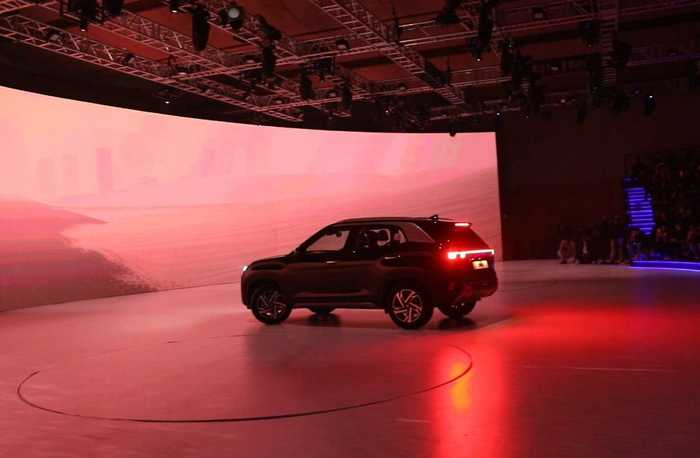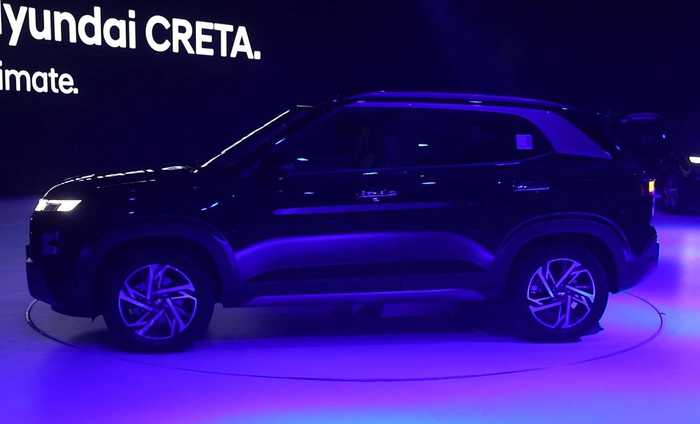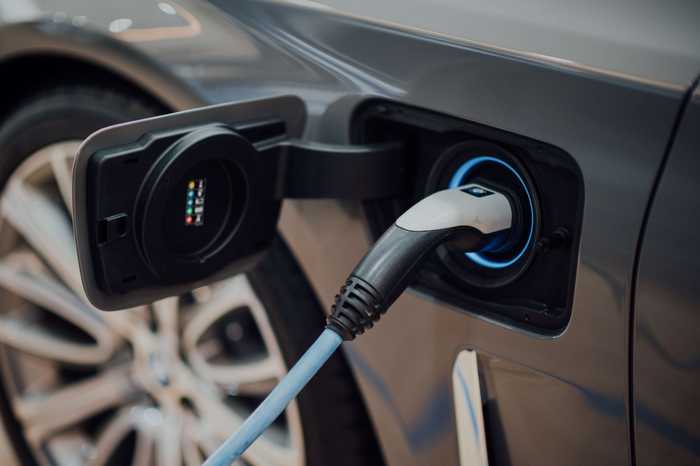Published 07:17 IST, February 1st 2024
Government should recognise, incentivise auto sector's tier-2 and tier-3 reach out: FADA Vice President CS Vigneshwar
Advertisement
Small town auto acceleration: While the country's automobile sales broke several records in 2023, tier-2 and tier-3 cities in India have proved to be lucrative markets for automotive companies. Industry lobby Federation of Automobile Dealers Associations (FADA) is known for its facilitation role in ensuring to fulfill the dream of people in country’s far-flung areas of buying a vehicle, well in the vicinity of their own towns. In an exclusive interview with Republic Business, FADA Vice President, CS Vigneshwar said apart from the levy of lower tax rate on vehicle purchases, setting up of sale and service automobile facilities in the country’s small towns must be get government recognition and be duly incentivesed.
GST reduction on car purchases
The automobile sector in the country firmly believes that reduction in Goods and Services Tax (GST) on purchase of vehicles would incentivise much higher sales, said CS Vigneshwar, Vice President, Federation of Automobile Dealers Associations (FADA).
Advertisement

Vigneshwar, who has been spearheading the commercial vehicle manufacturer Volvo Eicher’s oldest dealership in the country, says reduction of GST on car purchase, will trigger increased sales in all segments of vehicles. “More the vehicle sales, higher the amount would the government be able to mop up in terms of higher tax revenue,” Vigneshwar.
Advertisement
He said vehicle sales in the country have a huge scope to grow. “FADA is quite upbeat on GDP growth projections for the country, as India continues to be cruising as the fastest growing large economy,” Vigneshwar said. FADA’s recent projections have reaffirmed that passenger and commercial vehicle sales in the country will be in the higher side of single digit, he said. “The growth trajectory in two-wheeler sales across the segments and in the sales of three-wheelers is likely to be at around 15 per cent for the next fiscal,” he said.
Auto sales and macro standpoint
In the auto market in the US, car ownership is almost 700 out of a population of 1000, and the figure of people owning a car often touches as high as 900 per a sample size of 1000 individuals. As per Vigneshwar, individuals who own a private car in India is abysmal in comparison to the car penetration seen in automobile market of the US.
Advertisement

“It is too early for us to come to a conclusion that automobile penetration, especially that of passenger vehicles, has reached a point of saturation in the country,” says Vigneshwar. The FADA Vice President highlighted the growing aspirations of people in smaller towns for upgrading to personal vehicles, which offers a huge opportunity for automobile companies to boost sales even during the non-festive period. “There is still a long way to go for achieving the desired strength of public transport to boost mobility in smaller towns. Catering to an ever-rising commuter rush is a factor India's auto sector is well aware of and it does not shy away from exploring untapped retail markets . The lacunae in last mile connectivity has perhaps triggered growth of car sales in rural India,” says Vigneshwar.
Advertisement
As per the FADA Vice President, auto sales figures in the last three to four fiscals in rural India, especially in the post-Covid phase when market has bounced back, have recorded a sharp increase in sales of automobiles across the segment,” said Vigneshwar. He said two-wheeler sales and car purchases, especially that of new launches in the SUV segment, has seen a major spurt. “A representation from FADA sent to the government recently has urged for a reduction in the Goods and Services Tax (GST) levy on entry-level two-wheelers (150 cc and below). We are hopeful for this tax relief, in the larger intersect of enhancing last-mile mobility”, he said.
Growing EV sales
Industry data reveals Of the total three-wheeler sales in India’s automobile market, market share of electric three-wheelers during the present fiscal has touched 60 per cent. The FADA Vice President, who owns one of the oldest vehicle dealerships in the country, says in terms of two-wheeler sales recorded during the current fiscal, market share of EVs is expected to touch the 5 per cent mark.
Advertisement

Image credit: Unsplash
“Going forward, the auto industry expects a significant growth in sales of electric two-wheelers. In view of a larger focus on sustainability and increased usage of green fuel, we at FADA have of late projected that market share of EV two-wheeler sales in FY25 is likely to be around 12-15 per cent,” said Vigneshwar.
In terms of passenger vehicles, the EV market share is around 2 per cent, which as per industry estimates is likely to touch 5 per cent in FY25. “Not just the robust sales of EVs but even hybrid variant vehicles, which operate on battery and petrol have gained a great deal of acceptance among car buyers,” said the FADA Vice President.
20:40 IST, January 19th 2024